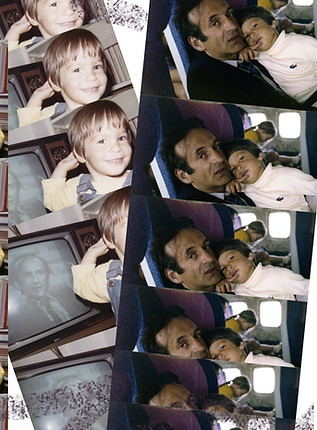

“Searing and urgent...” – Peter Keough, The Arts Fuse


OREN RUDAVSKY PRODUCTIONS and AMERICAN MASTERS PICTURES present ELIE WIESEL: SOUL ON FIRE
Written and Directed by OREN RUDAVSKY Executive Producer MICHAEL KANTOR Produced by TAL MANDIL OREN RUDAVSKY
MICHAEL CHOMET Co-Produced by ANNETTE INSDORF Edited by MICHAEL CHOMET Animated by JOEL ORLOFF
Director of Photography OREN RUDAVSKY Original Music by OSVALDO GOLIJOV
THEATRICAL RELEASE

NEW YORK, NEW YORK
DENVER, COLORADO
JEWISH FEDERATION OF GREATER TOLEDO
SYLVANIA, OHIO
CHATTANOOGA, TENNESSE
JEWISH FEDERATION OF THE LEHIGH VALLEY ALLENTOWN
ALLENTOWN, PENNSYLVANIA

ARIZONA JEWISH HISTORICAL SOCIETY
PHOENIX, ARIZONA
PALM BEACH, FLORIDA
RALEIGH, NORTH CAROLINA
GRAND JUNCTION JEWISH FILM FESTIVAL
GRAND JUNCTION, COLORADO

ELIE WIESEL:
SOUL ON FIRE
About Our Team

"Sometimes I'm afraid the tale might be forgotten.
Sometimes I'm afraid it is forgotten already."
Eighty years after his liberation from Buchenwald, we seek to understand the man behind Elie Wiesel's searing and widely read memoir Night. Told largely through his own words and eloquent voice, Elie Wiesel: Soul on Fire seeks to penetrate to the heart of the known and unknown Elie Wiesel (1928-2016)—his passions, his conflicts and his legacy as one of the most public survivors of the trauma of the Holocaust. With unique access to personal archives, original interviews and employing hand painted animation, the film illuminates Wiesel’s biography as a survivor, writer, teacher, public figure and Nobel Peace Prize winner.



© 2025 Oren Rudavsky Productions






